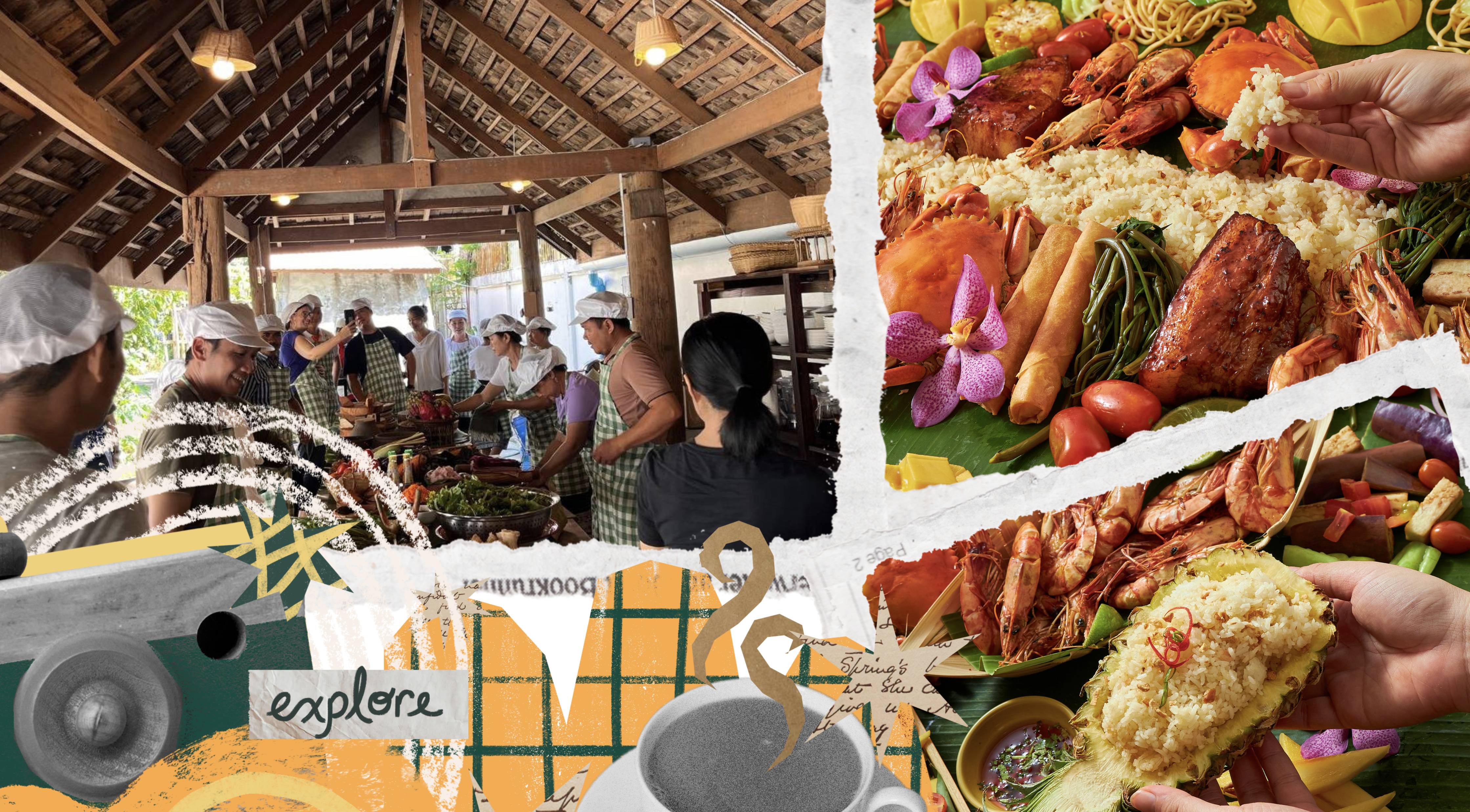
The ASEAN region is renowned for its tourism and culinary offerings, with picturesque landscapes and diverse food experiences. However, this growth has led to environmental concerns, urging a shift towards a circular economy model. The tourism sector contributes significantly to greenhouse gas emissions, waste generation, and natural resource depletion. Nevertheless, tourism can play a crucial role in reducing food waste and promoting sustainability within the food industry. Hospitality businesses are increasingly adopting strategies like food waste audits and surplus food distribution to minimise waste. By emphasising local supply chains, tourism supports local food systems and cultural preservation. Overall, tourism serves as a catalyst for reforming food systems towards sustainability and circularity, promoting resilience, equity, and environmental stewardship.
This brief gathers insights and experiences from regional tourism and food management practitioners on tangible examples of how tourism can be a key actor and a catalyst for better food circularity and help drive innovation which in turns empower community resiliency.


